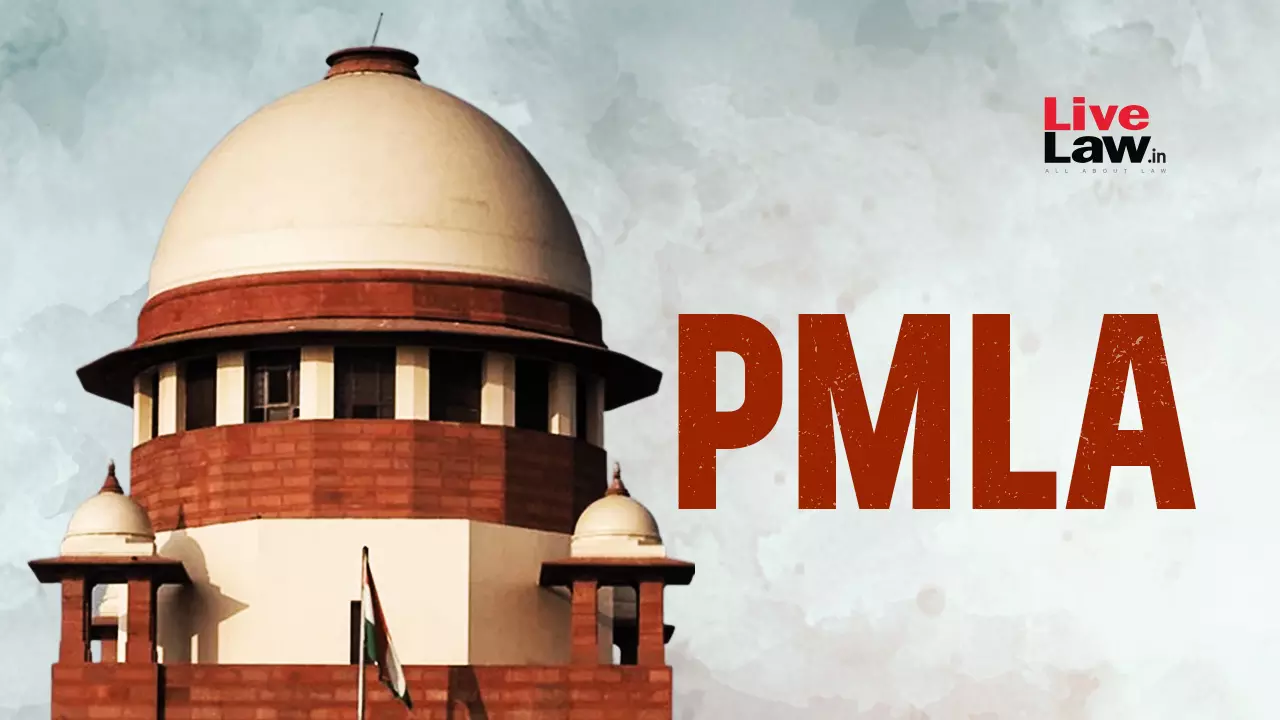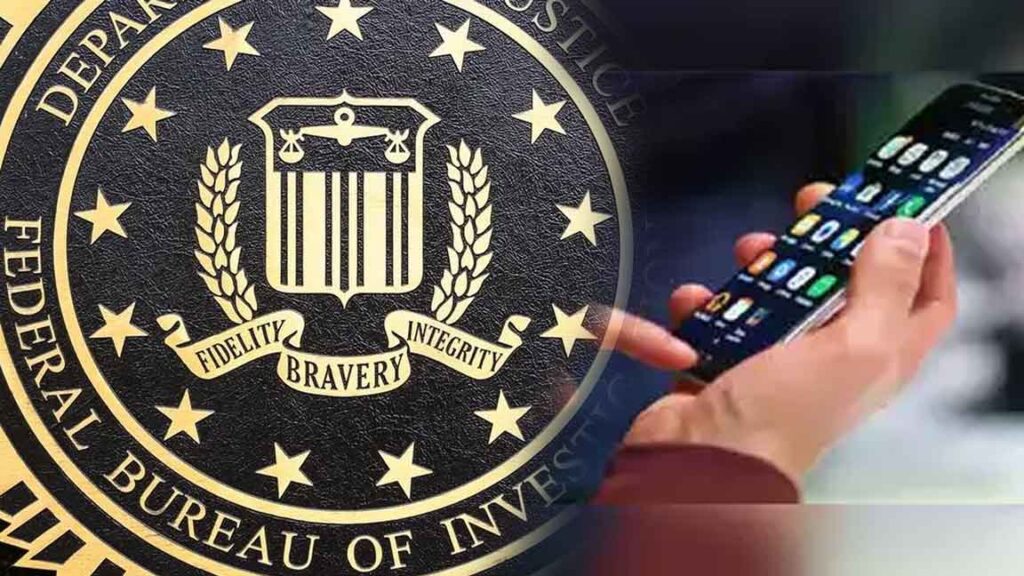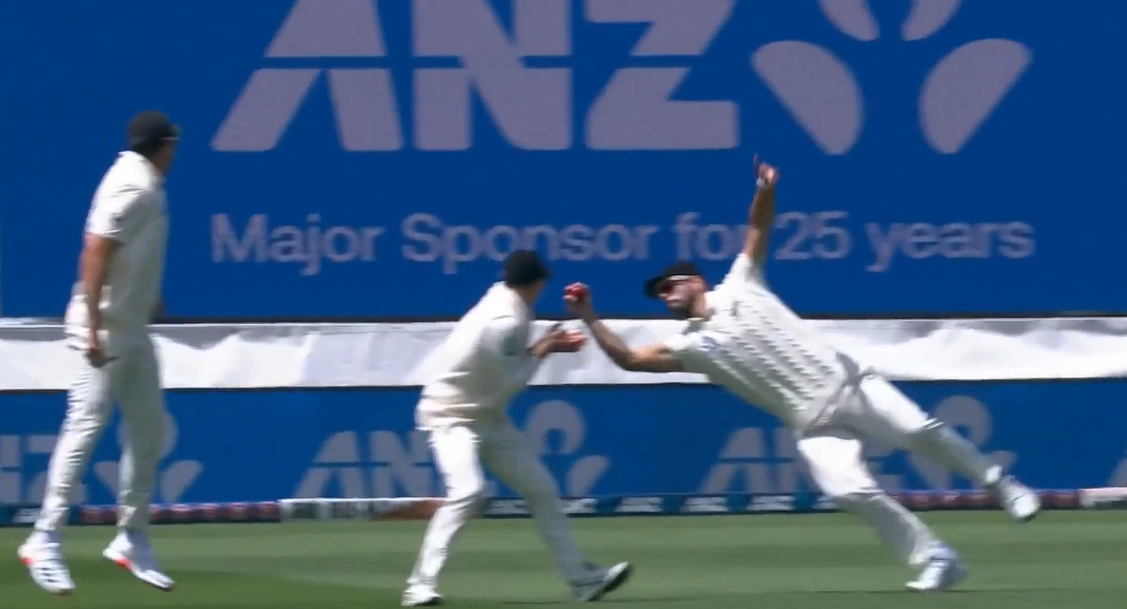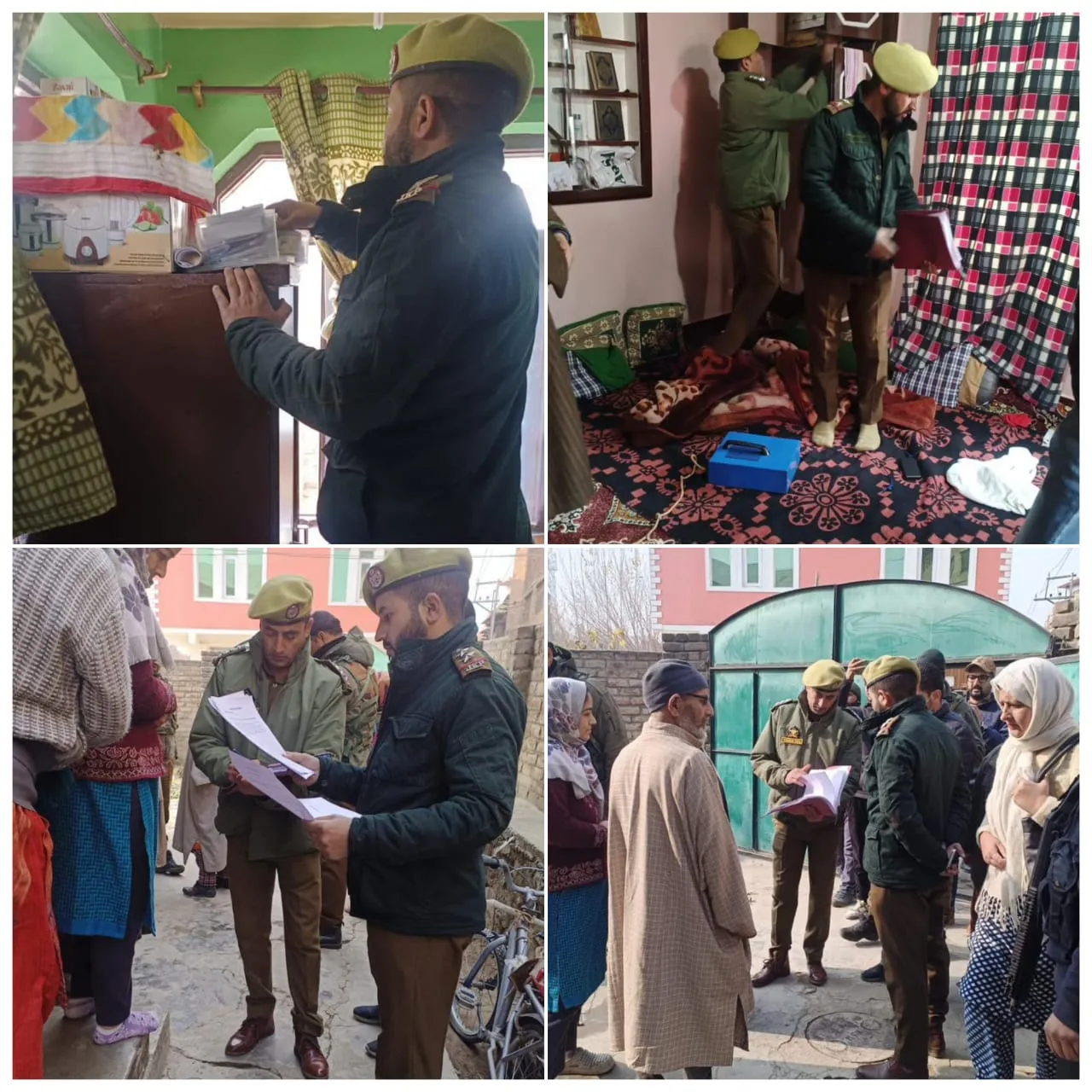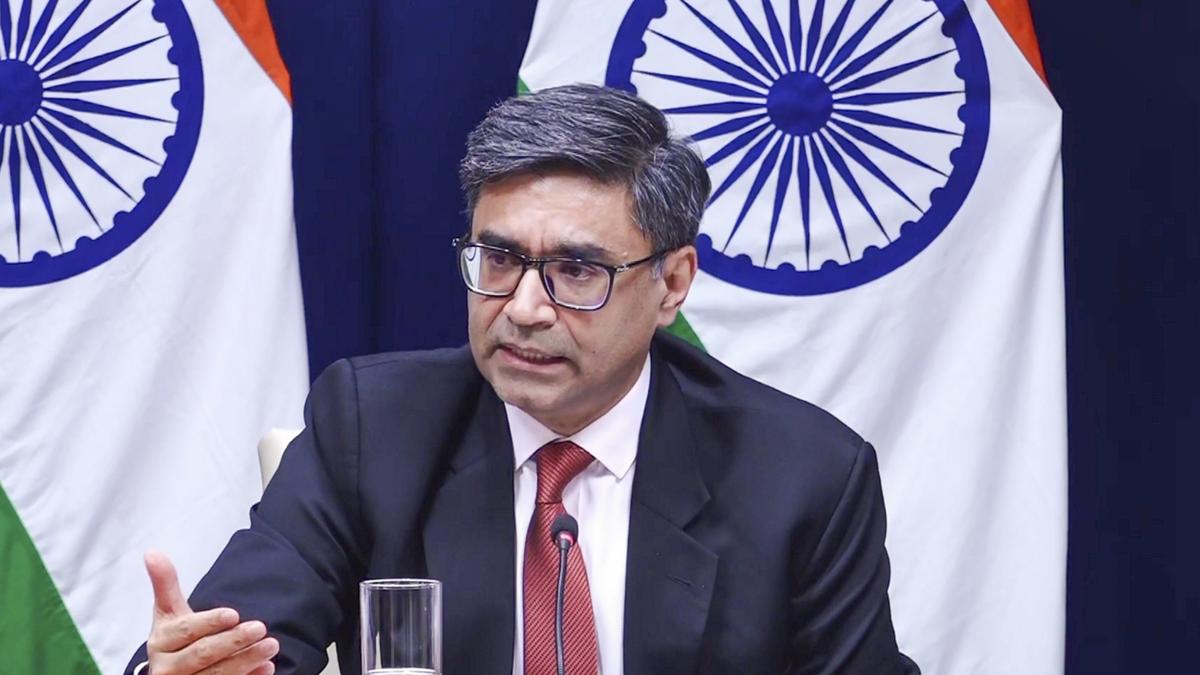Today’s Current Affairs: Supreme Court Ruling on Enforcement Directorate’s Powers
In a significant judgment, the Supreme Court ruled that the Enforcement Directorate cannot arrest an accused under the Prevention of Money Laundering Act after the Special Court has taken cognizance of the complaint. The ED must apply to the Special Court for custody of the accused. The court also clarified various aspects related to summons, warrants, and bonds in money laundering cases. The case, titled Tarsem Lal v. Directorate of Enforcement Jalandhar Zonal Office, has raised important questions regarding bail conditions under the PMLA.
1. Who cannot arrest an accused exercising powers under Section 19 of the PMLA after the Special Court has taken cognizance of the complaint of money laundering?
– A. Police Department
– B. Enforcement Directorate (ED)
– C. Central Bureau of Investigation (CBI)
– D. Income Tax Department
Answer: Enforcement Directorate (ED)
What was the significant judgment passed by the Supreme Court on May 16?
The Supreme Court held that the Enforcement Directorate (ED) and its officers cannot arrest an accused under Section 19 of the Prevention of Money Laundering Act (PMLA) after the Special Court has taken cognizance of the complaint of money laundering.
What should the ED do if they want custody of an accused after the Special Court has taken cognizance?
If the ED wants custody of the accused, they will have to apply to the Special Court.
What did the bench comprising Justices Abhay S Oka and Ujjal Bhuyan pronounce regarding the powers of the ED under Section 19 of PMLA?
The bench stated that after cognizance is taken of the offence punishable under Section 4 of the PMLA, the ED and its officers cannot exercise powers under Section 19 to arrest the accused. They must apply to the Special Court for custody of the accused.
What were some other conclusions of the judgment?
– Once a complaint under Section 44(1)(b) of the PMLA is filed, it will be governed by Sections 200 to 205 of the Code of Criminal Procedure.
– If the accused was not arrested by the ED till the filing of the complaint, the Special Court must issue a summons to the accused when taking cognizance.
– If the accused appears before the Special Court pursuant to a summons, it cannot be treated as being in custody.
Today's current affairs saw a significant judgment from the Supreme Court regarding the powers of the Enforcement Directorate (ED) under the Prevention of Money Laundering Act (PMLA). The court ruled that the ED cannot arrest an accused after the Special Court has taken cognizance of the complaint of money laundering. If the ED wants custody of the accused, they must apply to the Special Court. The judgment also stated that if the ED wants to conduct further investigation, they may arrest a person not previously accused. This decision sets clear guidelines for the ED's powers and procedures in such cases.
